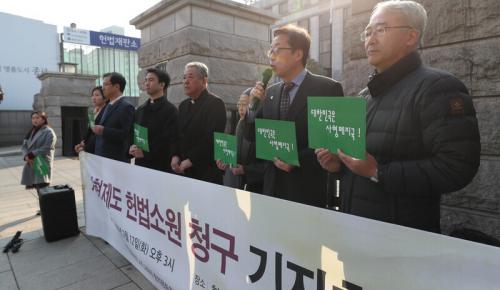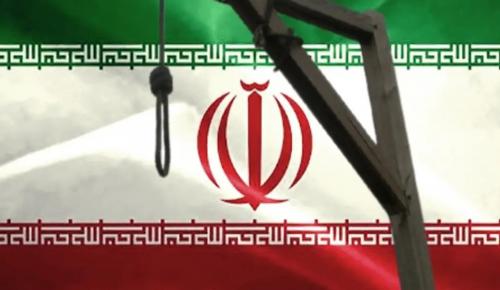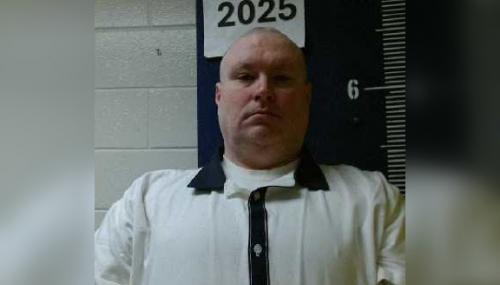06 July 2022 :
South Korea’s death penalty is being taken before the Constitutional Court for the first time in 12 years.This is the third time the court has reviewed the death penalty, after a 1996 ruling that found it constitutional by a margin of 7-2 and another 2010 ruling that affirmed its constitutionality with a 5-4 decision.
The constitutional petition was filed in February 2019 by the capital punishment abolition subcommittee of the Catholic Bishops’ Conference of Korea (CDCK) Committee for Peace and Justice. The petitioner was an individual surnamed Yun, for whom prosecutors requested the death penalty in a first trial on charges of parricide.
The Constitutional Court is scheduled to hold a public hearing at 2 pm on July 14 to discuss the death penalty. In an unusual step, the court announced plans to select a law and economics professor as a witness in order to consider the death penalty’s socioeconomic effects as a basis for its decision.
The focus of the court’s review will be on Article 110-4 of the Constitution of the Republic of Korea. That provision states, “Military trials under an extraordinary martial law may not be appealed [. . .] except in the case of a death sentence.”
The previous constitutional hearings in 1996 and 2010 concerned provisions in the Criminal Act, including Article 250 which states, “A person who kills another shall be punished by death.”
Article 110-4 is the only part of the Constitution that mentions the death penalty specifically. Those arguing the penalty’s constitutionality cite it as evidence that the Constitution recognizes the death penalty. Opponents counter that it is too much of a stretch to view the mere reference to the death penalty as a basis for its constitutionality.
At the time of the 1996 constitutionality petition, Justice Kim Chin-woo shared a minority opinion finding the death penalty unconstitutional, concluding that the provision in question “merely establishes exceptions to the system of single trials without appeal, in view of the severity of the infringement of basic rights presented by a death sentence.”
(Source: hani.co.kr, 04/07/2022)











